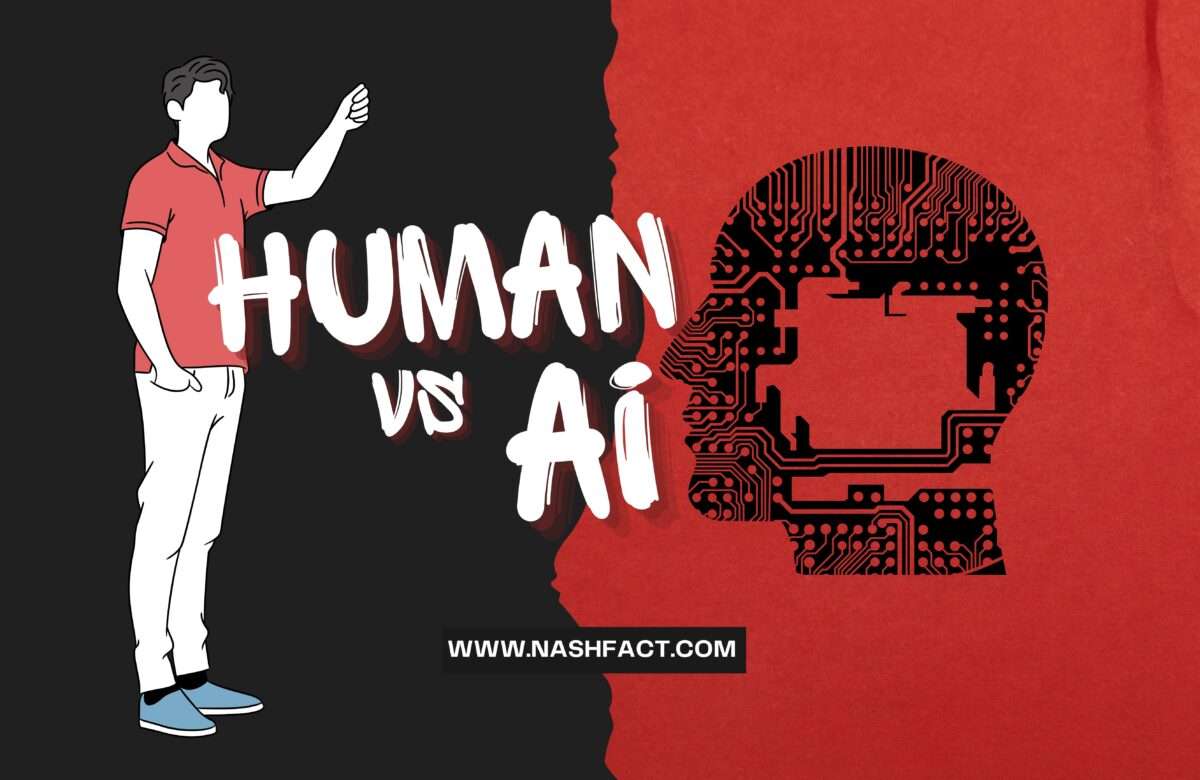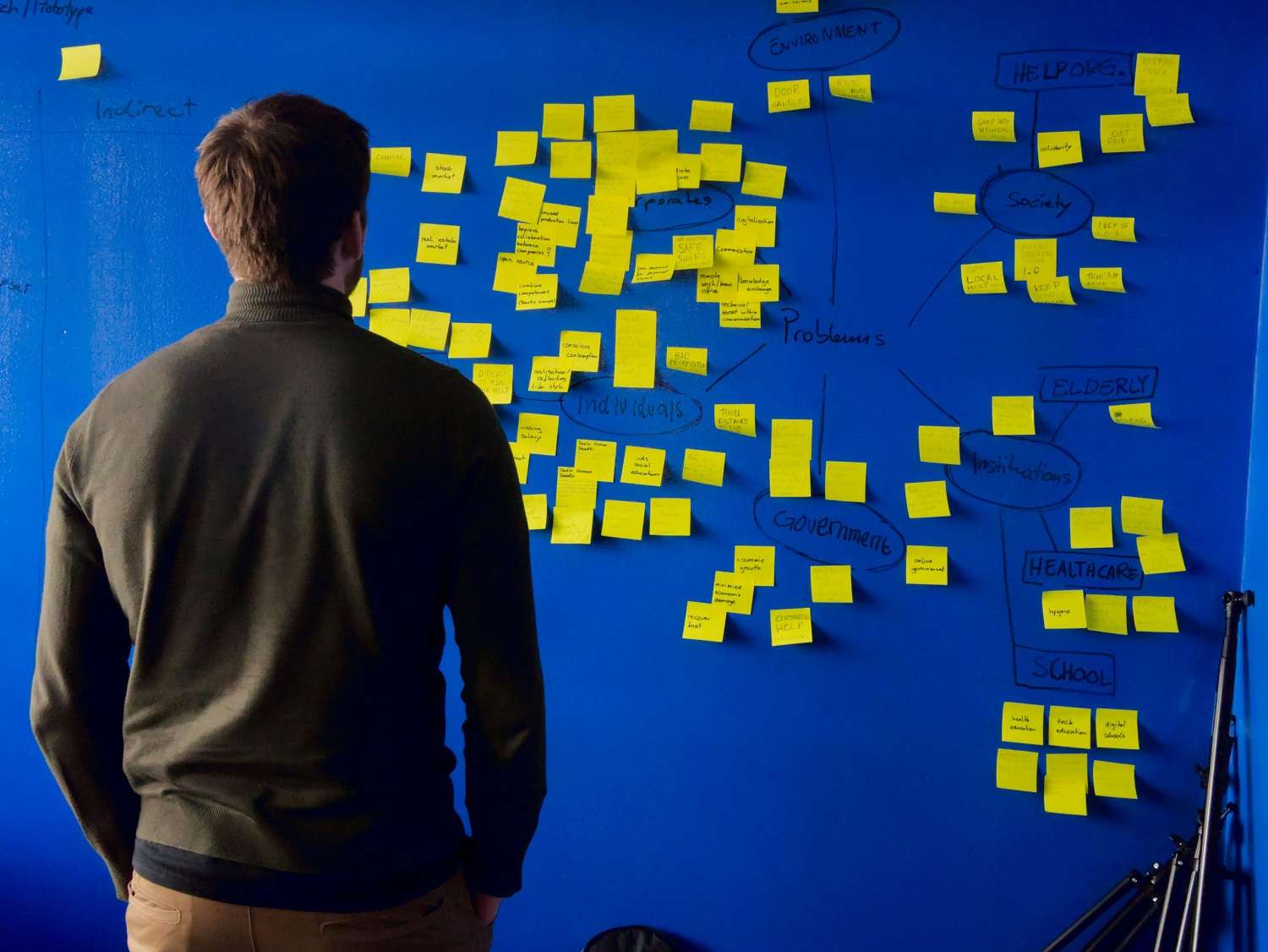- 22 April 2025
- No Comment
- 270
Cheating, Lies, and AI: The Startup That Raised $5.3M to “Cheat on Everything”

Imagine acing a job interview without actually knowing the answers. Or passing a technical coding test without writing a single line of code yourself. Sounds impossible? Not anymore.
Meet Cluely, an AI-powered tool designed to help users cheat—on job interviews, exams, sales calls, and more. Founded by two former Columbia University students, Chungin “Roy” Lee and Neel Shanmugam, Cluely has already raised $5.3 millionin seed funding, despite its ethically questionable premise.
Originally called Interview Coder, the tool was developed to help software engineers bypass technical interviews on platforms like LeetCode—a common hurdle in tech hiring. But Cluely has since expanded its scope, marketing itself as a way to “cheat on everything.”
While its founders compare it to past innovations like calculators and spellcheck—once considered “cheating” but now widely accepted—Cluely’s implications are far more troubling. By enabling deception in hiring, education, and even personal interactions, this tool is reshaping dishonesty in the digital age.
How Cluely Works
Cluely operates as an undetectable AI assistant that runs in a hidden browser window, invisible to interviewers or proctoring software. Here’s how it works:
- Real-Time Assistance: Users can input questions or prompts, and Cluely generates responses instantly, whether it’s solving a coding problem, answering technical questions, or even crafting persuasive sales pitches.
- Global Shortcuts: Unlike traditional screen-sharing detection methods, Cluely uses keyboard shortcuts to avoid detection by keyloggers or monitoring software.
- Compatibility: It works across Zoom, Microsoft Teams, and other collaboration tools, adapting to different programming languages and interview formats.
- AI-Powered Deception: The tool doesn’t just provide answers—it can mimic human typing patterns to make cheating appear natural.
Cluely’s founders argue that their tool is simply “leveling the playing field” in a broken hiring system. But is it really innovation—or just high-tech fraud?
The Consequences of AI-Powered Cheating
Unqualified Candidates Getting Hired
The most immediate danger of Cluely is that it allows completely unqualified candidates to land jobs they aren’t capable of performing. Imagine a software engineer who aced a coding interview using AI but can’t write basic code on the job.
- Real-World Impact: Companies waste time and resources onboarding employees who can’t deliver.
- Team Morale: Skilled coworkers suffer, having to compensate for incompetent hires.
Qualified Candidates Being Overlooked
If cheating becomes widespread, honest, skilled candidates lose out. Why? Because employers may start distrusting all applicants, making hiring even more grueling with additional tests and verifications.
- More Stress for Job Seekers: Legitimate candidates face longer, more invasive hiring processes.
- Talent Drain: The best candidates may avoid companies known for fraudulent hires.
Beyond Interviews: A Culture of Dishonesty
Cluely isn’t just for job interviews—it can be used in exams, sales calls, and even personal interactions. The company’s own promotional video shows Lee using AI to lie on a date, pretending to know about art and even falsifying his age.
- Normalizing Deception: If people get comfortable cheating in professional settings, where does it stop?
- Erosion of Trust: If AI-assisted lying becomes common, how can we trust anyone in digital interactions?
The Ethical Dilemma: Is Cluely Crossing the Line?
Cluely’s founders argue that their tool is no different from past technologies initially labeled as “cheating,” like calculators or Grammarly. But there’s a key difference:
- Calculators automate math, but users still need to understand the logic.
- Cluely provides answers with zero understanding required.
Impact on the Hiring Process
If AI cheating becomes widespread:
- Companies lose faith in remote interviews, reverting to in-person assessments.
- Legitimate candidates suffer from increased scrutiny.
- The job market becomes skewed toward those willing to deceive.
Societal Consequences
- Education: Students using Cluely for exams gain credentials without knowledge.
- Workplace: Employees hired via deception may struggle, leading to higher turnover.
- Personal Relationships: If AI can fabricate personalities, how do we build genuine connections?
Where Do We Draw the Line?
Cluely represents a dangerous shift in how we approach integrity in the digital age. While its founders frame it as a rebellion against outdated hiring practices, the reality is far darker: It’s a tool designed to exploit trust.
As AI continues to evolve, society must decide: Do we embrace tools that enable deception, or do we demand accountability? If cheating becomes the norm, we risk creating a world where skill, honesty, and effort no longer matter—and that’s a future nobody should want.
What do you think? Is Cluely just another step in technological progress, or is it a step too far? Let us know in the comments.
Read more: Rich Dad Poor Dad is Misleading? Wealth Myths Experts Say Could Hurt You




